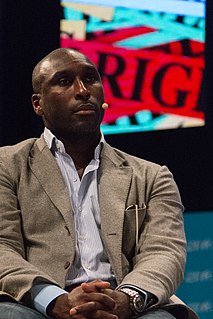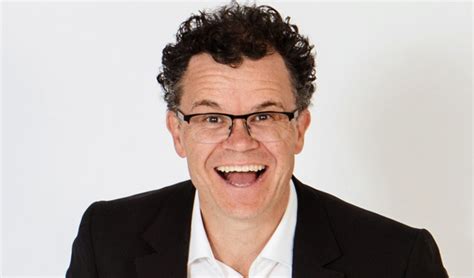A Quote by Andy Murray
I first had money for investment just at the time of the 2008 crisis and shares have been highly volatile since then. So I do have shares in my pension but I have tended to invest in specific projects that include property and private companies that have been very well researched by my advisers.
Related Quotes
When I received the Nobel Prize, the only big lump sum of money I have ever seen, I had to do something with it. The easiest way to drop this hot potato was to invest it, to buy shares. I knew that World War II was coming and I was afraid that if I had shares which rise in case of war, I would wish for war. So I asked my agent to buy shares which go down in the event of war. This he did. I lost my money and saved my soul.
Christ has something in common with all creatures. With the stone he shares existence, with the plants he shares life, with the animals he shares sensation, and with the angels he shares intelligence. Thus all things are transformed in Christ since in the fullness of his nature he embraces some part of every creature.
I think the critical point, really, is that we need to focus black economic empowerment more on the creation of new wealth rather than on these big deals that have been characteristic of this process in the past, of people going to banks, borrowing a lot of money, buying this and when the shares don't perform very well, the shares go back to the banks, because there's other people who own this anyway. I think we need to re-focus it so that it really does impact on growth, new investment, new employment and a general, better spread of wealth in South Africa.
Many financial and industrial companies have been bailed out with the public's money, but very few of those who had run those companies have been punished for their failures. Yes, the top managers of those companies have lost their jobs - but with a fat pension and mostly with a handsome severance payment.
Value investors will not invest in businesses that they cannot readily understand or ones they find excessively risky. Hence few value investors will own the shares of technology companies. Many also shun commercial banks, which they consider to have unanalyzable assets, as well as property and casualty insurance companies, which have both unanalyzable assets and liabilities.
Roque...lined his men up and had them produce all the clothing, jewels, money, and other objects that they had stolen since the last time they had divided the spoils. Having made a hasty appraisal and reduced to terms of money those items that could not be divided, he split the whole into shares with such equity and exactitude that in not a single instance did he go beyond or fall short of a strict distributive justice. They were all well satisfied with the payment received, indeed they were quite well pleased; and Roque then turned to Don Quixote.





































